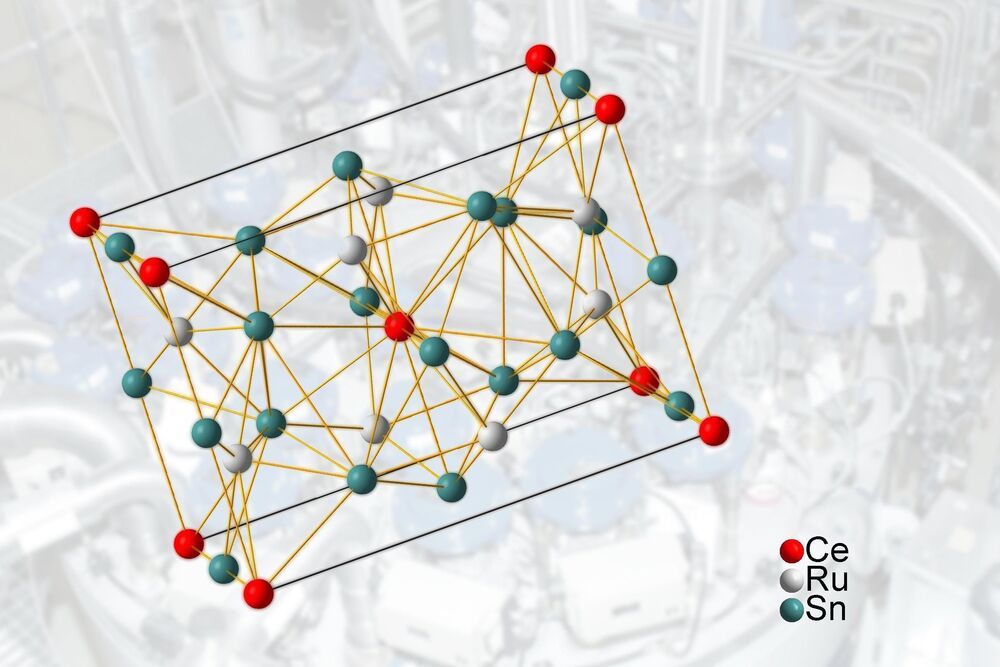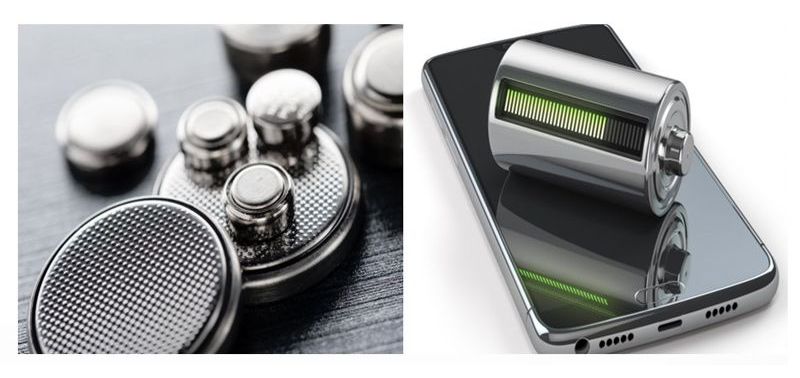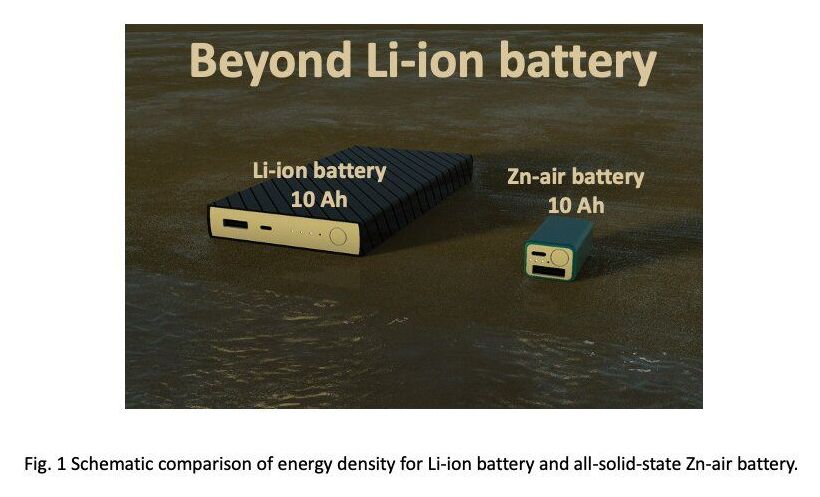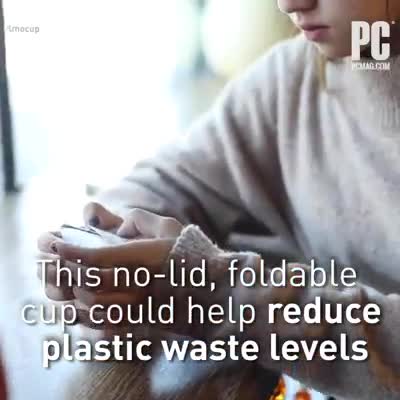Earth’s oldest known material: Some zircons from Australia date back more than 4 billion years.
Crystals of the mineral zircon are rugged enough to survive the most violent geologic events.
Earth’s oldest known material: Some zircons from Australia date back more than 4 billion years.
Crystals of the mineral zircon are rugged enough to survive the most violent geologic events.

Plastic pollution and other ocean debris are a complex global environmental problem. Every year, ten million tons of plastic are estimated to be mismanaged, resulting in entry into the ocean, of which half will float initially. Yet, only 0.3 million tons of plastic can be found floating on the surface of the ocean. Where has the rest of the plastic gone?
The key mechanisms for plastic transport are currents, wind, and waves. Currents and wind transport ocean debris in a straightforward manner like the forces on a sailing boat. However, ocean waves predominantly move objects in circular-like orbits. The orbits do not quite close, resulting in a so-called Stokes drift in the direction in which the waves travel.
A joint team from the Universities of Oxford, Plymouth, Edinburgh, Auckland and TU Delft have investigated how waves transport floating ocean debris while including, for the first time, the effects of an object’s size, buoyancy, and inertia on its transport. Their results are published in the Journal of Fluid Mechanics.

Summary: The reactivation of learned material during slow oscillation/sleep spindle complexes, and the precision of SO-spindle coupling predicts how strong a memory will be reactivated in the brain.
Source: University of Birmingham.
While we sleep, the brain produces particular activation patterns. When two of these patterns – slow oscillations and sleep spindles – gear into each other, previous experiences are reactivated. The stronger the reactivation, the clearer will be our recall of past events, a new study reveals.


A research team from TU Wien together with US research institutes came across a surprising form of ‘quantum criticality’; this could lead to a design concept for new materials.
In everyday life, phase transitions usually have to do with temperature changes — for example, when an ice cube gets warmer and melts. But there are also different kinds of phase transitions, depending on other parameters such as magnetic field. In order to understand the quantum properties of materials, phase transitions are particularly interesting when they occur directly at the absolute zero point of temperature. These transitions are called “quantum phase transitions” or a “quantum critical points.”
Such a quantum critical point has now been discovered by an Austrian-American research team in a novel material, and in an unusually pristine form. The properties of this material are now being further investigated. It is suspected that the material could be a so-called Weyl-Kondo semimetal, which is considered to have great potential for quantum technology due to special quantum states (so-called topological states). If this proves to be true, a key for the targeted development of topological quantum materials would have been found. The results were found in a cooperation between TU Wien, Johns Hopkins University, the National Institute of Standards and Technology (NIST) and Rice University and has now been published in the journal Science Advances.


Zinc-air batteries (ZABs) are among the most promising next-generation battery technologies due to their many advantageous characteristics. Most notably, these batteries have unique half-open structures, a significant theoretical energy density (1086 and 1370 Wh kg−1 when including and excluding oxygen, respectively), flexible electrodes and an inherently aqueous electrolyte. Moreover, in contrast with other materials used in batteries, Zinc (Zn) is less harmful for the environment and more abundant.
Researchers at Hanyang University in South Korea recently designed a new type of zinc-air pouch cell that can outperform other commercially available battery technologies. These pouch cells, presented in a paper published in Nature Energy, use (101)-facet copper phosphosulfide [CPS(101)] as a cathode, anti-freezing chitosan-biocellulosics as super-ionic conductor electrolytes, and patterned Zn as the anode.
“Previous ZABs employing liquid (6 M KOH) electrolytes failed because of the sluggish kinetics for the oxygen reduction and evolution reactions (ORR/OER) and irreversibility of Zn accompanying the parasitic reactions over wide temperatures,” Jung-Ho Lee, one of the researchers who carried out the study, told Tech Xplore. “This feature inspired us to develop solid-state electrolytes, such as functionalized biocellulose, capable of transferring OH- ions effectively without parasitic reactions.”



Using an advanced microscopy technique, Texas A&M researchers have uncovered a twin boundary defect in a soft polymer that has never been observed before.
Texas A&M University scientists have for the first time revealed a single microscopic defect called a “twin” in a soft-block copolymer using an advanced electron microscopy technique. This defect may be exploited in the future to create materials with novel acoustic and photonic properties.
“This defect is like a black swan — something special going on that isn’t typical,” said Edwin Thomas, professor in the Department of Materials Science and Engineering. “Although we chose a certain polymer for our study, I think the twin defect will be fairly universal across a bunch of similar soft matter systems, like oils, surfactants, biological materials, and natural polymers. Therefore, our findings will be valuable to diverse research across the soft matter field.”